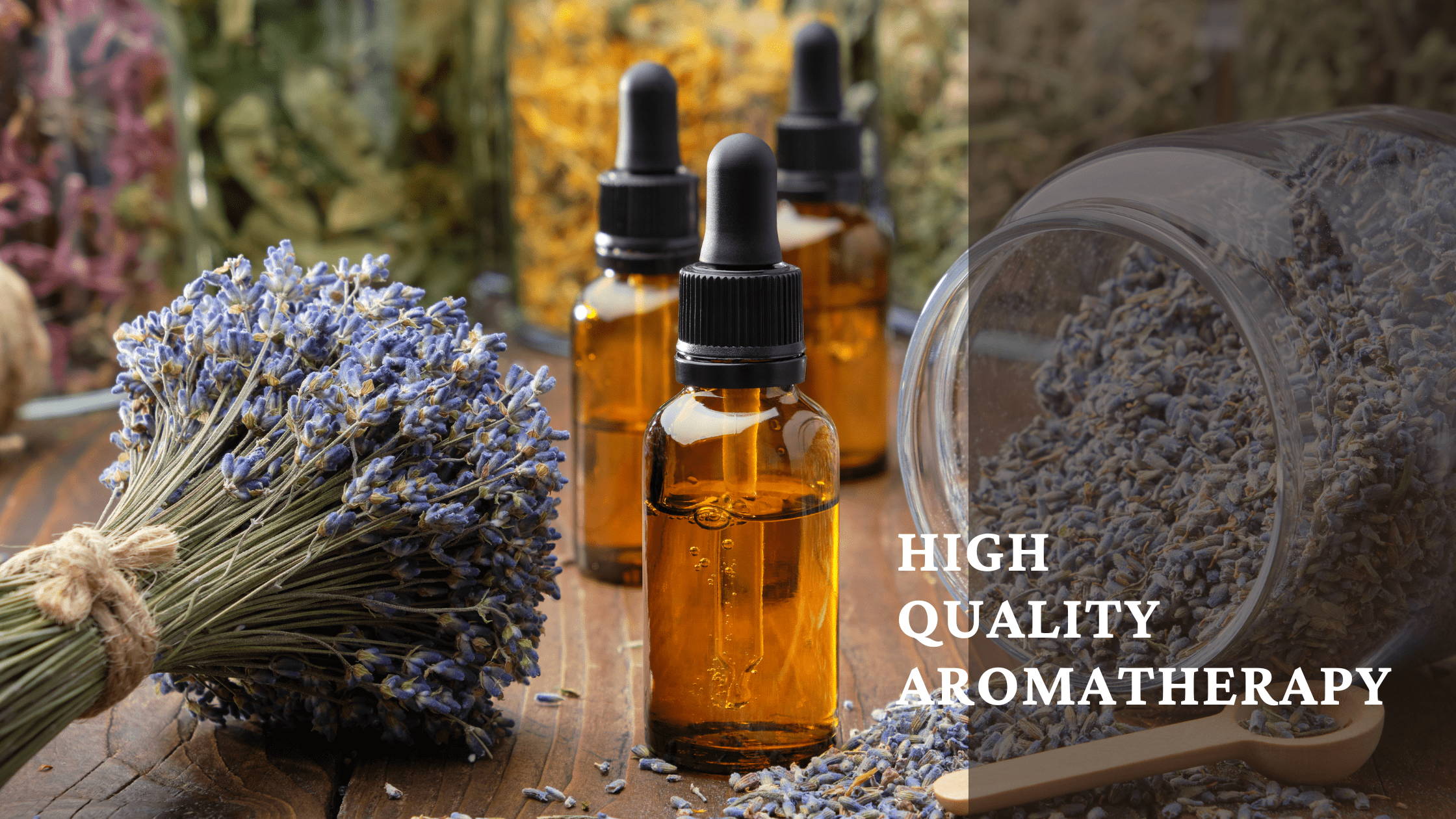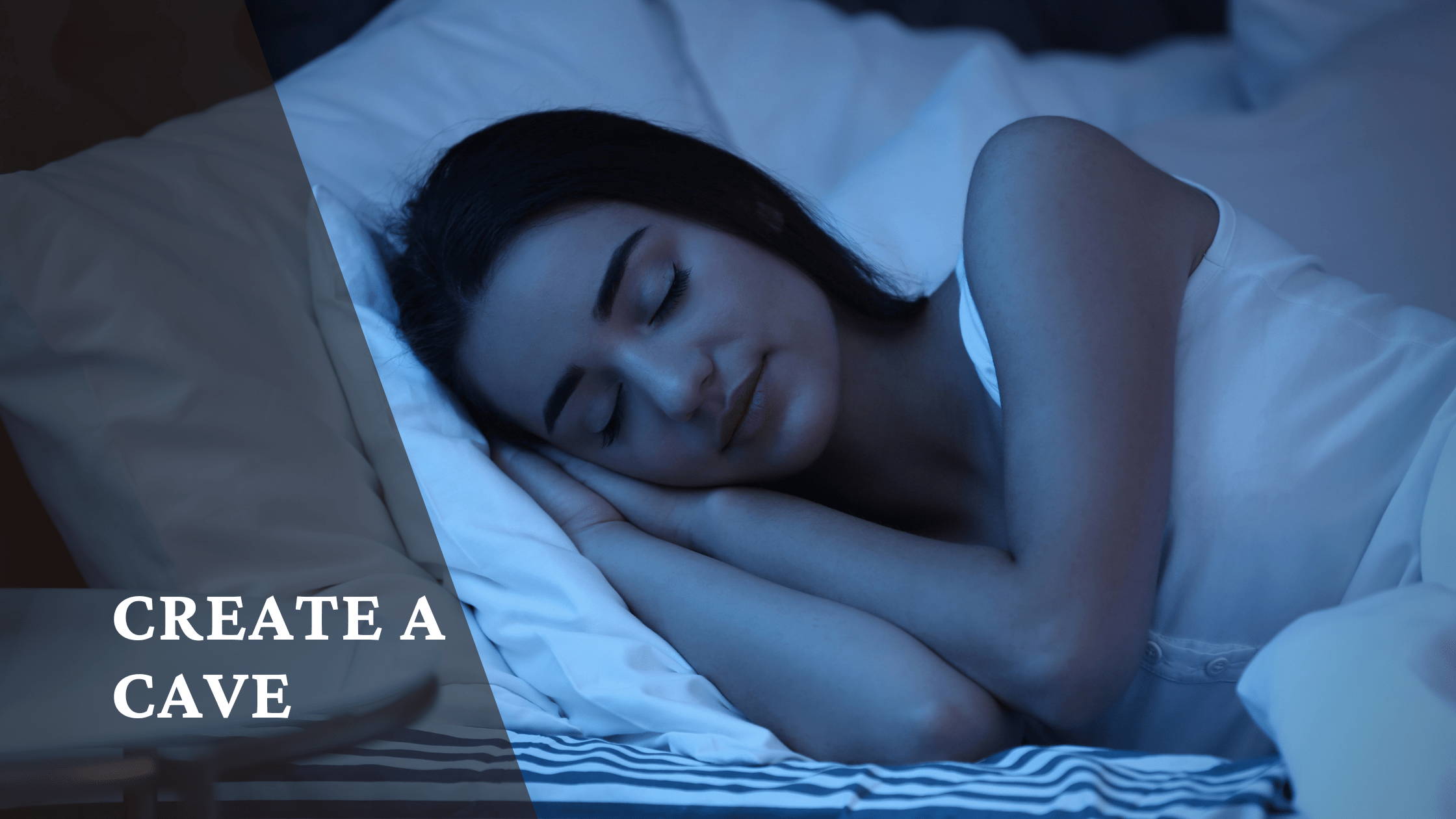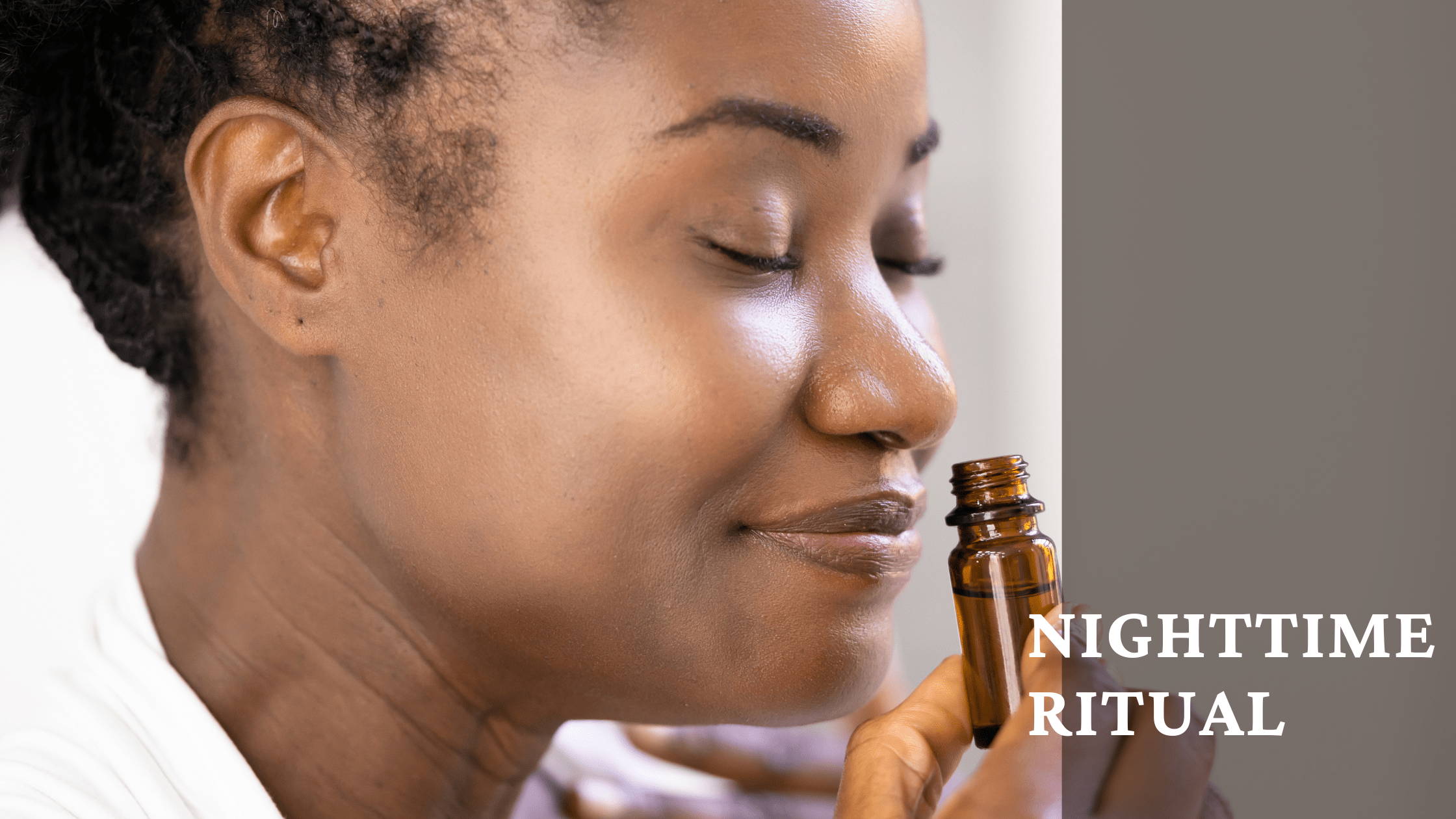How To Go To Sleep Faster
Getting enough quality sleep is crucial for overall health and well-being. Unfortunately, many people struggle with falling asleep quickly, leading to restless nights and groggy mornings. In this article, we will explore 21 techniques to help you fall asleep faster and enjoy a more rejuvenating sleep experience.

Aromatherapy, the use of essential oils for healing, can have powerful effects on sleep quality. A meta-analysis of 12 studies found that aromatherapy improves sleep quality without any adverse side effects (Hwang, E., Shin, S., 2015).
The overuse of lavender essential oil results in the body not associating it with sleep. We suggest the following which you can find in our Sleep blend & Sleep Pillow Spray.
- Sandalwood: Known for its warm and woodsy scent, sandalwood is said to reduce anxiety and promote relaxation, helping to prepare the body for sleep (Jain, S., et al., 2017).
- Ylang Ylang: This oil is known for its mood-enhancing properties. It helps lower stress and anxiety levels, which can facilitate sleep (Hongratanaworakit, T., 2004).
- Palmarosa: It is known for its calming and soothing properties, and it is believed to promote feelings of relaxation and tranquility, contributing to better sleep.
Aromatherapy has even been shown to help sleep quality of nurses when having to adjust to Monthly Rotating Night Shifts (Chang,Y, 2017)
Be careful of that your aromatherapy spray or oils has no fragrance which can actually disrupt your sleep and the oils are GCMS tested for purity and potency.

You want to create a cave like feeling in your bedroom to set yourself up for perfect sleep. You need all of the elements below:
BLOCK OUT ALL LIGHT: Overexposure to light can disrupt your sleep patterns and internal body clock, known as your circadian rhythm. Using blackout curtains on your windows or wearing a sleep mask can effectively block light, preventing it from disturbing your sleep. Limiting exposure to bright light, especially closer to bedtime, can facilitate your transition to sleep and aid in the production of melatonin, a sleep-inducing hormone produced by your body.Side note: Talking Melatonin on a regular basis can disrupt your body's natural production of it.
KEEP QUIET: Maintaining a quiet environment is crucial for crafting a bedroom conducive to sleep. If it's not possible to remove surrounding noise sources, you might think about using a fan or a white noise device to neutralize them. Another viable solution could be using earplugs or headphones to prevent any disruptive sounds from disturbing your sleep.
KEEPIT COLD: Maintaining a cooler environment can greatly enhance the quality of your sleep. This is because our body's temperature naturally decreases as we prepare for sleep, a process known as thermoregulation. When the surrounding environment is cooler, it can aid this natural process and help you fall asleep faster and more deeply. According to the National Sleep Foundation, the optimal bedroom temperature for most people is around 65 degrees Fahrenheit (18.3 degrees Celsius). A cooler bedroom not only helps you fall asleep quicker but also promotes better overall sleep quality and efficiency.
3. SET A SCHEDULE
Adhering to a consistent sleep schedule by sleeping and waking up at the same time every day is fundamental for good sleep health. This routine aligns with our body's internal clock, or circadian rhythm, which regulates our sleep-wake cycle over a 24-hour period. When we maintain a stable sleep schedule, our body can anticipate and prepare for bedtime, leading to better sleep onset and quality. Furthermore, consistent wake times help regulate our daytime alertness levels. Irregular sleep schedules can lead to disrupted sleep patterns and symptoms of sleep deprivation. Hence, consistency in our sleep and wake times not only promotes better sleep quality but also supports overall physical and mental well-being.
4. Nighttime ritual

Establishing a nighttime routine can significantly enhance your sleep quality. You should experiment with what feels right for you but build in 30minute before your actual bedtime.
- Aromatherapy. Inhale calming scents like sandalwood, ylang ylang, or palmarosa.These aromas can help reduce stress and prepare your mind for sleep.
- Journal. Writing down your thoughts and experiences from the day can serve as a mental decluttering, making it easier to relax.
- Visualization exercises. Picture a serene place or a pleasant scenario; this can foster feelings of peace and tranquility, further preparing you for restful sleep.
- Breathing exercises.This helps to slow your heart rate and signal your body that it's time to sleep.
- Restorative yoga posture, such as "legs up the wall." This pose can alleviate any tension in your legs and lower body, promoting overall relaxation. It also helps with restless leg syndrome a common reason for sleeplessness.
Experiment with different routines to see what works best for you.

Establishing a balanced daytime routine is critical for promoting optimal sleep. The activities you engage in during the day can directly influence your sleep quality at night. Staying active, seeking sunlight, and monitoring your caffeine intake are key aspects of a beneficial daytime routine. Here's a concise list of things to do:
- Engage in at least 30 minutes of physical activity: Regular movement, whether it's a brisk walk or a gym workout, can help regulate your sleep-wake cycle.
- Seek sunlight during the day: Exposure to natural light helps maintain a healthy circadian rhythm, improving both your daytime energy and nighttime sleep.
- Limit caffeine intake: Try to consume caffeinated beverages earlier in the day and reduce the overall amount. Caffeine can interfere with your ability to fall asleep.
- Stay hydrated: Adequate hydration is essential for overall health, and it can also influence sleep quality.
- Eat a balanced diet: Consuming a diet rich in fruits, vegetables, lean proteins, and whole grains can provide the nutrients necessary for quality sleep.
Getting enough quality sleep isn't just about hitting the pillow; it's about creating an environment that feels like a cozy retreat. Let's talk about turning your bedroom into a sleep sanctuary. First up, let's discuss aromatherapy. It's not just about making your room smell nice; certain scents like sandalwood, ylang ylang, and palmarosa can actually work wonders in calming your mind and prepping you for sleep. Just be sure to choose pure oils and sprays to avoid any unwanted disruptions to your slumber.
Now, let's dim the lights and hush the noise. Creating a cave-like atmosphere means blocking out all light, keeping things quiet, and maintaining a cool temperature. Picture it: snug under the covers, surrounded by darkness, with only the gentle hum of a fan or white noise machine to lull you into dreamland. And speaking of dreams, sticking to a consistent sleep schedule helps your body know when it's time to wind down, making it easier to fall asleep and wake up feeling refreshed.
But before you tuck yourself in, let's talk nighttime rituals. Whether it's journaling your thoughts, practicing calming breathing exercises, or striking a restorative yoga pose, establishing a bedtime routine signals to your body that it's time to unwind. And let's not forget about daytime habits—staying active, soaking up some sunlight, and watching your caffeine intake can all contribute to better sleep when nighttime rolls around.
So, as you snuggle up tonight, remember that creating the perfect sleep environment is all about setting the stage for sweet dreams. Here's to a night filled with deep, restorative sleep! #DreamyNights ✨
Wishing you all a restful and restorative night of sleep! @loveksahai
Kavita Sahai has worked in the wellness industry for over a decade and is a certified expert in aromatherapy, Ayurveda, yoga, and nutrition, with a rich background in human design and beauty oils. Kavita combines traditional wisdom with modern research to offer holistic wellness and beauty insights. Focused on sustainable self-care practices, Kavita guides individuals towards achieving both internal and external radiance. She hold an undergraduate degree from the University of Florida and a Master's from UC Berkeley.





